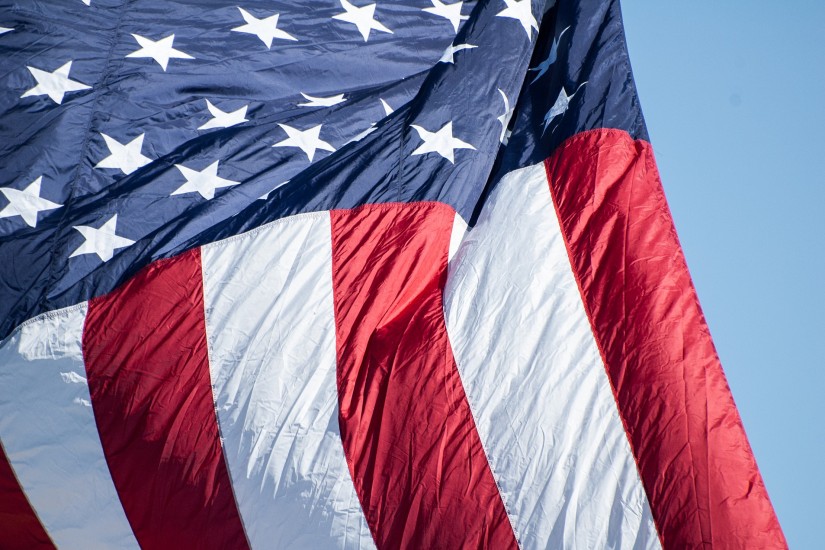America’s uniqueness, even pre-Trump, was expressed as much through negative indicators as positive. It is more violent than other comparable societies, both one-on-one and in the gun massacres to which the country has become so habituated. It has worse health outcomes than comparably wealthy countries, and some of the most important of them are deteriorating further even as they improve almost everywhere else. America’s average levels of academic achievement lag those of other advanced countries. Fewer Americans vote—and in no other democracy does organized money count for so much in political life. A century ago, H.L. Mencken observed the American “national genius for corruption,” and (again pre-Trump) Transparency International’s corruption perceptions index ranks the U.S. in 18th place, behind Hong Kong, Belgium, Australia, Canada, the Netherlands, the United Kingdom, Germany—never mind first-place finishers Denmark and New Zealand. That result forces a reshaping of the question of American exceptionalism.
As I said: pre-Trump. Now the United States has elected a president who seems much more aligned with—and comfortable in the company of—the rulers of Turkey, Hungary, Uzbekistan, and the Philippines than his counterparts in other highly developed countries.
“Why was the United States vulnerable to such a person when other democracies have done so much better?” Part of the answer is a technical one: The Electoral College, designed to protect the country from demagogues, instead elected one. But then we have to ask: How did Trump even get so far that the Electoral College entered into the matter one way or another?
Thinking about that question forces an encounter with American exceptionalism in its most somber form. If, as I believe, Donald Trump arose because of the disregard of the American political and economic elite for the troubles of so many of their fellow-citizens, it has to be asked again: How could the leaders of a democratic country imagine they could get away with such disregard?
Nor has that elite learned its lessons.
